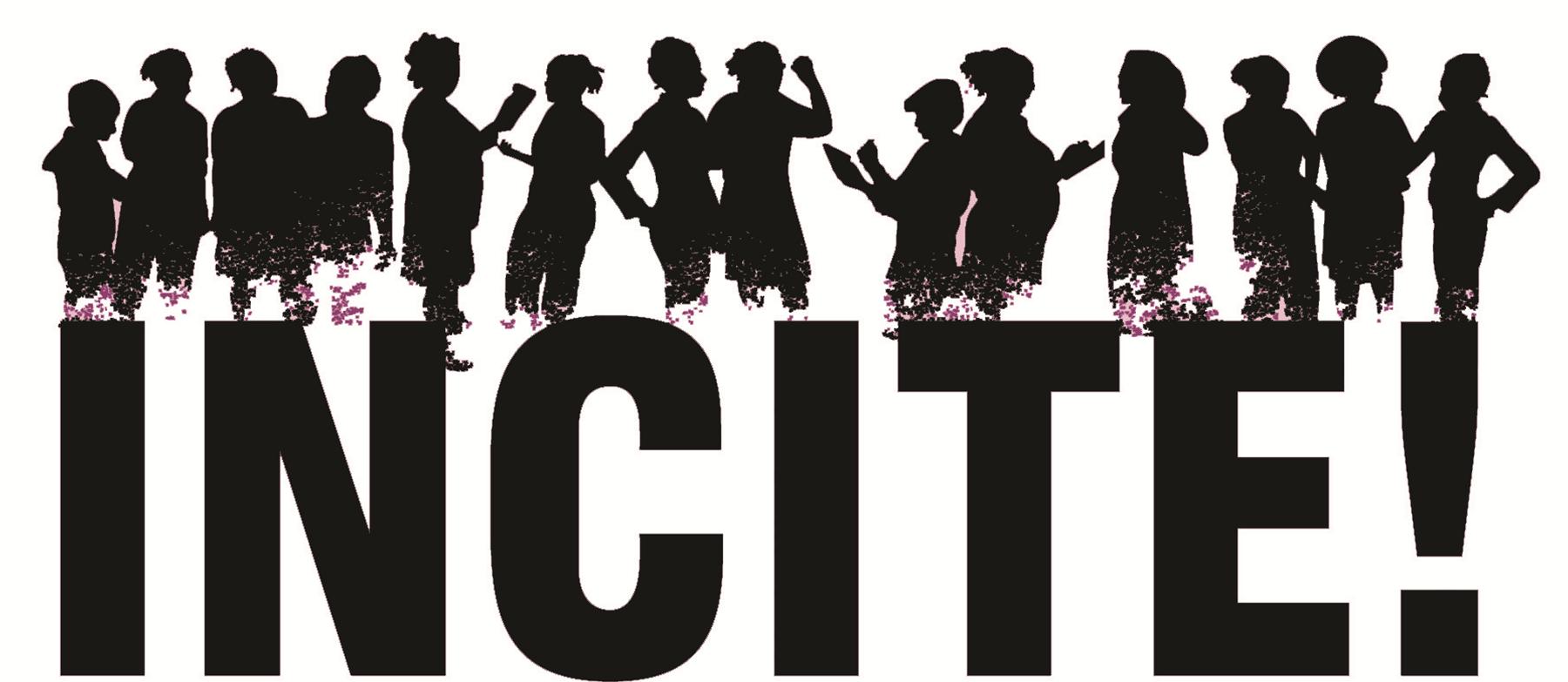Reproductive justice activists are responding to the recent targeting of black communities by anti-choice organizations. Georgia Right To Life purchased 80 billboards in Atlanta with the face of a black child and the words, “Black children are an endangered species.” The New York Times reports:
Across the country, the anti-abortion movement, long viewed as almost exclusively white and Republican, is turning its attention to African-Americans and encouraging black abortion opponents across the country to become more active. … The factors fueling the focus on black women — an abortion rate far higher than that of other races and the ties between the effort to legalize and popularize birth control and eugenics — are, at heart, old news. But they have been given exaggerated new life by the Internet, slick repackaging, high production values and money, like the more than $20,000 that Georgia Right to Life invested in the billboards.
In addition to the billboards, House Bill 1155 in Georgia, The Prenatal NonDiscrimination Bill, which would criminalize abortion based on race and sex, is making its way through the state legislature. Organizations such as The SisterSong Women of Color Reproductive Justice Health Collective, SPARK Reproductive Justice Now, and Raksha are mobilizing to challenge the billboards and the bill. SisterSong and their partners provide a fact sheet about House Bill 1155, as well as an action alert for others to oppose the bill and a Statement of Solidarity with African American Women.
SPARK is also organizing direct actions to pressure CBS, the owner of the billboard space, to take the billboards down. On March 13th, they held a rally to encourage CBS to take the billboards down. They have posted a call to action to e-mail CBS to take the billboards down. SPARK has also posted a call for Black women to be photographed and share what reproductive justice means to them. Here’s that call,
We know we can’t look to mainstream media to portray Black women in the fullness of our rich, multidimensional lives. We will create it ourselves. SPARK is creating a photo campaign to document our lives, to show we speak for ourselves. We would like Black women from all walks of life who are willing to be photographed and talk about what reproductive justice means to them for this photo campaign. Mothers, young, queer, those who have had abortions, older, working class, and beyond come share your stories. Email paris@sparkrj.org if you are interested.
Using the legacy of racial violence as justification to undermine black women’s reproductive justice is not new. In 1998, Loretta Ross, reproductive justice organizer and Executive Director of SisterSong, wrote a key essay, “African-American Women and Abortion,” which discussed a black feminist tradition of organizing for abortion rights in the context of anti-black racism and reproductive violence. Here is a brief excerpt:
Many African-American women are alienated from the abortion issue. Our slave history makes many of us determined never again to relinquish control over our reproduction to anyone. As a 1989 brochure published by African American Women for Reproductive Freedom put it, “Somebody owned our flesh, and decided if and when and with whom and how our bodies were to be used. Somebody said that Black women could be raped, held in concubinage, forced to bear children year in and year out, but often not raise them.” This haunting specter of slavery is real and moving. This is the collective nightmare that haunts our vision of a racist system controlling our bodies.
However, this rationale for abortion – that because as slaves we were valued for our procreative capacity, we should never be a slave to pregnancy again – is somewhat short of the Black feminist analysis necessary to understand the complexities of abortion and its impact on the lives of African-American women. Every Black woman must believe she has a right to control her body simply because she is human. This belief does not deny her femaleness or her Blackness but rests upon a fundamentally solid acceptance of her own uniqueness and sense of self-esteem – a belief in her human rights and right to bodily self-determination.
Latoya Peterson discusses the billboards in an article about black women’s reproductive health and agency in The Guardian, and she also has an earlier article about black women and abortion rights at the blog, The Root. RH Reality Check features a series of articles by reproductive justice advocates discussing the politics of using race to limit black women’s access to abortions.















I lived in Cincinnati for a short while 6 years ago. I was appalled by a billboard prominently displayed downtown that had a photo of an African-American baby with the caption “Abortion: The #1 Killer of African-American Babies”. I wonder if women’s groups in Ohio (and elsewhere) have also organized around this critical issue and could serve as a resource.
Hi RR. You might try researching the SisterSong affiliate organizations, which can be found here:
http://sistersong.net/member_affiliate_orgs_list.html
There aren’t any in Ohio, but there are some in the midwest that may have further contacts. Good luck!